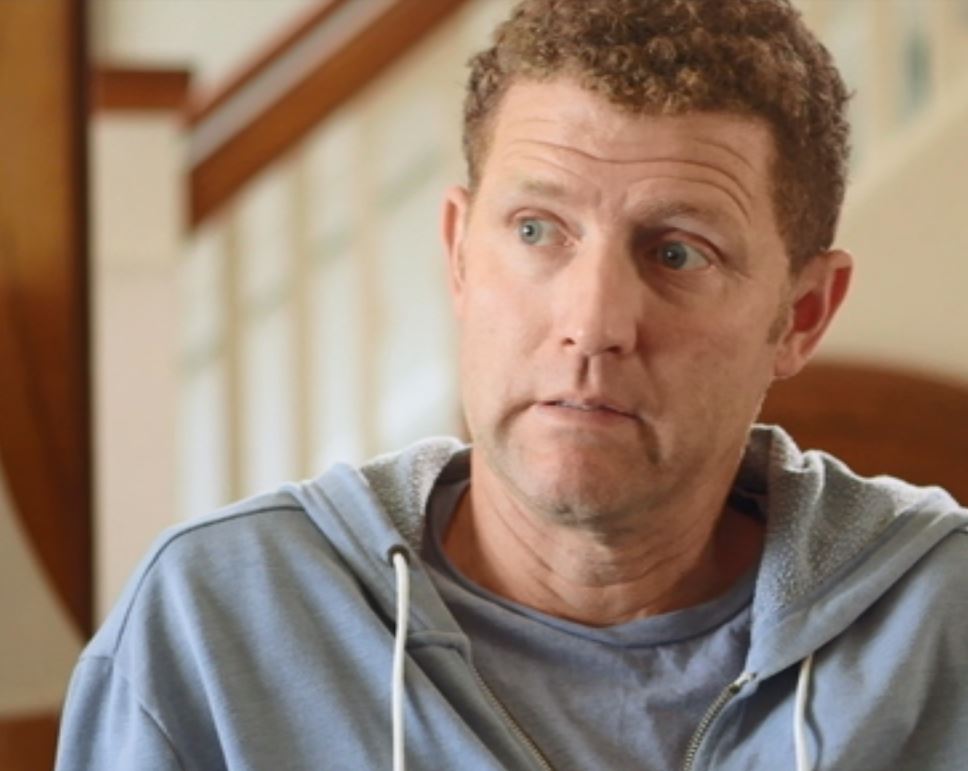I recently sat down with a group of college-age students to watch a documentary called “The Dating Project.” Before starting, there was a hint of healthy skepticism running through the room, covered up by wisecracks about the best pick-up lines from various backgrounds and traditions. But after watching, the students thoughtfully sat back, recognizing and discussing the problems raised in the documentary.
In essence, “The Dating Project” portrays five singles – spanning ages 18 to 40 – in the difficulties they face in the dating world. Many of them desire to marry, but in the hook-up, short-term fling culture that’s prevalent today, many find it difficult to get to know a person well enough to even consider marrying him or her.
While watching the documentary, I was particularly struck by the plight of 40-year-old Chris. As the documentary reveals, Chris is a decent-looking bachelor with an amusing sense of humor. He also appears to have a loving support system through his elderly, but spry mother. Yet in spite of these benefits, Chris fits the stereotype of a man who is afraid of commitment, content to flit through life in his single, but flirtatious, status.
In considering this position, Chris reflects on the difference between himself and his own father:
“My dad was just devoted to my mother, he never turned his head, looked at another woman. His purpose was to come home from work. That was the best part of his day, was coming home. Which is so different from where I’m at. It’s like, you know, I think there’s something else out there. But he died when I was nine.”
The sense of instability Chris feels comes through as he reflects further:
“I had a dream, and in this dream I was walking towards my father, and as I walked toward him, we both of us got younger and younger and younger. And so we met as 9-year-olds. He said, ‘You can make a decision.’ And it was powerful because I had said I wish someone – I wish I had a mentor – I wish someone would show me the way, help me make decisions. And basically, the child – my dad – was saying, ‘I didn’t have a parent. Look, you’re a man. You can be a man.’”
But then the real revelation hits Chris like a ton of bricks:
“I think if I was raised by my dad I think I probably would be married by now. I think I would be married and have kids. That’s interesting – I’ve never thought of that.”
And with Chris’s revelation, I had one as well. Could it be that fatherlessness is a driving factor in the inability of today’s young people to commit and get married? If Chris – who had a father for a few of his childhood years, plus a loving, devoted mother – could struggle so much with the idea of becoming a man, taking responsibility, and raising a family, then what must it be like for the thousands of American children who never had those same benefits?
Fifty years ago, it was par for the course for children to grow up in two-parent families. As Pew Research explains, 73 percent of children lived in two-parent families in 1970. By 2014, that number dropped to only 46 percent.

When it comes to the number of children born to suburban mothers, 34 percent of them are born to unmarried mothers. That number gets even worse depending on the demographics and regions one looks at.

Society likes to say that it doesn’t matter if a child is raised by a single parent, that he or she can grow up and be a mature, successful adult regardless. But while that is true in a select few cases, is it even more true that such a child will have immense obstacles to overcome in order to reach that success? Like Chris, will many of those children struggle to grow up and become responsible adults without the example and mentorship of present father?
If we want the next generation to avoid the trap of irresponsibility and fear of commitment which the millennials have fallen into, perhaps it’s time to stop fooling ourselves with the idea that fathers don’t matter.
















Leave a Comment
Your email address will not be published. Required fields are marked with *